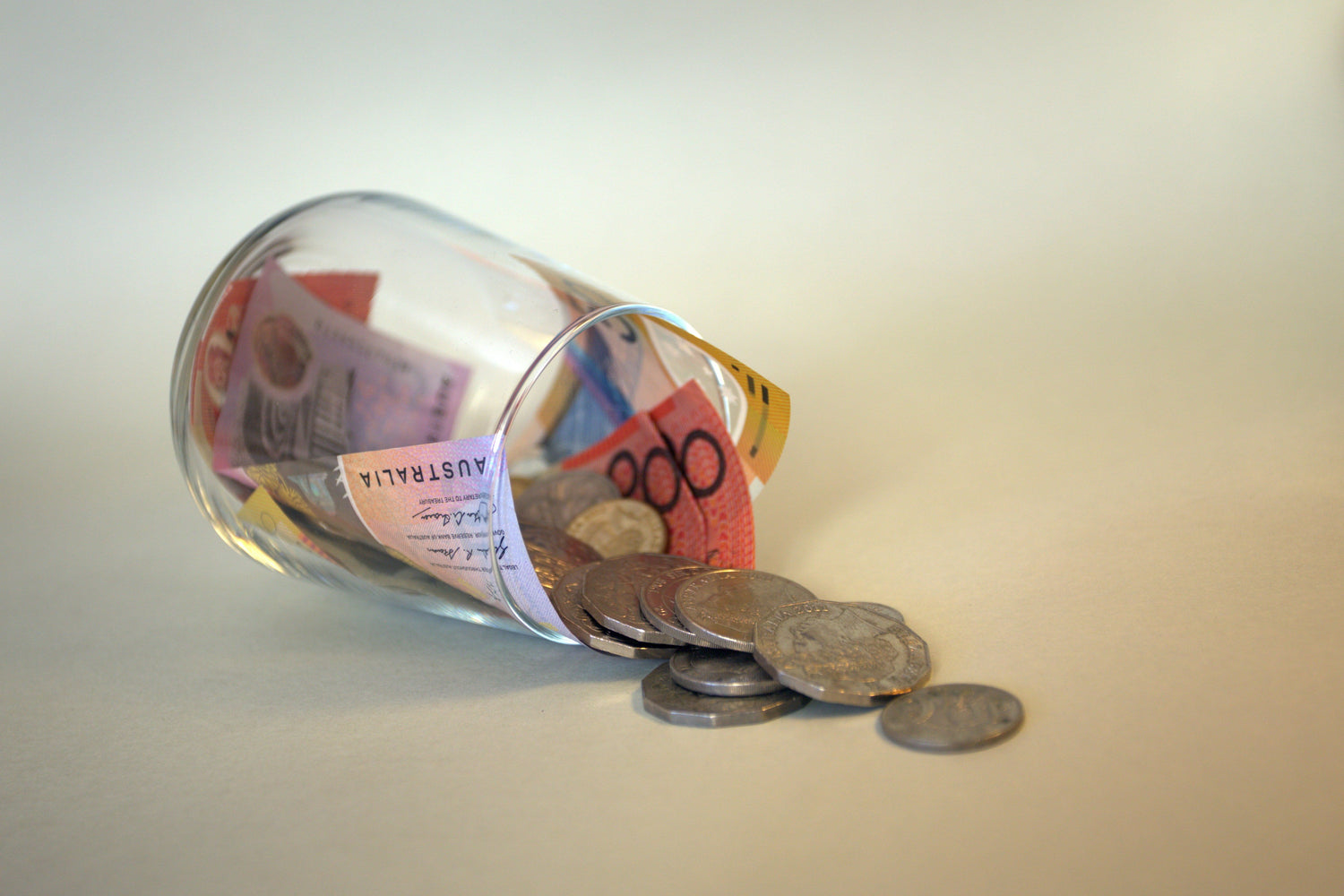In the iconic words of ABBA’s hit song, “Money, Money, Money,” we are reminded that the historical narrative of money being a man’s world is rapidly evolving. Today, we have the opportunity to step into their power, both professionally and personally, to become financially empowered. This transformation invites us to delve into the complexities of money and underscores the importance of financial literacy for all ages.
Understanding Financial Empowerment
Financial empowerment is not just about accumulating wealth; it’s about gaining the knowledge and confidence to make informed financial decisions. In a world where financial literacy is crucial, understanding money can evoke a range of emotions—from excitement to anxiety. At Thriving Adventures, we aim to equip women with the tools they need to navigate these feelings and take control of their financial futures. Our program emphasizes the importance of understanding various aspects of financial literacy, including:
- The significance of money and how attitudes towards it are shaped.
- Spending habits and the realities of the cost of living.
- Earning potential, taxation, and superannuation.
- Consumer awareness, including distinguishing between wants and needs, budgeting, and recognising financial scams.
- Saving strategies and setting achievable financial goals.
- Borrowing fundamentals, such as loans, interest rates, and managing debt.
- Investing basics, including stocks, real estate, and other investment vehicles.
- Addressing the gender pay gap and advocating for fair compensation.
- Self-advocacy in financial matters.
Despite the fact that many women in our program have savings accounts, a significant number lack awareness of their interest rates and the intricacies of superannuation. This gap in knowledge highlights the need for comprehensive financial education tailored specifically for women.
Building a Positive Relationship with Money for All Adults
In a world where financial stress can often overshadow our lives, cultivating a positive relationship with money is essential for overall well-being. Money is not just a tool for transactions; it embodies our values, aspirations, and sometimes our fears. By understanding and nurturing our relationship with money, we can transform our financial experiences from sources of anxiety into pathways for empowerment and fulfilment.
Understanding Your Money Mindset
The first step in building a healthier relationship with money is to explore your money mindset. This involves examining your feelings about money and the beliefs that shape your financial decisions. Many of us carry subconscious attitudes towards money that stem from our upbringing, societal influences, and personal experiences. By becoming self-aware, we can confront the narratives we've inherited and begin to reshape them into more positive and constructive beliefs.
Self-awareness is crucial; it allows us to identify patterns in our spending and saving behaviors. Are you prone to impulsive purchases when stressed? Do you avoid financial discussions altogether? Recognizing these patterns is the foundation for meaningful change.
Cultivating Mindful Financial Habits
Once you have a clearer understanding of your money mindset, the next step is to cultivate mindful financial habits. This means prioritising a thoughtful approach to how you earn, spend, save, and invest your money. Here are some strategies to consider:
- Budgeting: Create a budget that reflects your values and goals. This isn’t just about restricting spending; it’s about aligning your financial choices with what truly matters to you. Consider using budgeting tools or apps that can help you track your expenses and savings.
- Saving: Make saving a habitual part of your financial routine. Aim to set aside a percentage of your income each month, even if it’s a small amount. Over time, these savings can grow and provide a safety net for unexpected expenses or future investments.
- Investing: Educate yourself about investing and consider how it can help you achieve your long-term financial goals. Investing isn’t just for the wealthy; it’s a way to make your money work for you. Start small, and gradually increase your investments as you become more comfortable.
- Spending Wisely: Differentiate between needs and wants. Before making a purchase, ask yourself if it aligns with your values and financial goals. This practice can help curb impulsive spending and foster a more intentional approach to your finances.
Embracing Experiences Over Material Goods
Research shows that spending on experiences, such as travel, classes, or social activities, can lead to greater happiness than spending on material possessions. Experiences often create lasting memories and strengthen relationships, contributing to a sense of purpose and community. By prioritizing experiences over things, you can enhance your overall well-being and foster a more positive relationship with money.
Seeking Support and Guidance
Building a positive relationship with money doesn’t have to be a solitary journey. Consider seeking support from trusted financial advisors or joining community groups focused on financial literacy. Surrounding yourself with individuals who have healthy relationships with money can provide inspiration and accountability. Sharing experiences and learning from others can help demystify financial concepts and empower you to make informed decisions.
Addressing Financial Anxiety
For many adults, financial anxiety can be a significant barrier to achieving a positive relationship with money. It’s essential to acknowledge these feelings and understand their origins. Often, financial anxiety stems from fear of the unknown or past experiences of financial hardship. By confronting these fears and seeking resources, such as financial therapy or counselling, you can begin to alleviate anxiety and build a more constructive mindset towards money.
Setting Financial Goals
Establishing clear financial goals is a powerful way to foster a positive relationship with money. Whether your goals involve saving for a home, planning for retirement, or funding a dream vacation, having specific objectives can provide motivation and direction. Break these goals down into manageable steps, and celebrate your progress along the way. This approach not only enhances your financial literacy but also reinforces the idea that money is a tool for achieving your dreams.
The Journey Towards Financial Empowerment
Building a positive relationship with money is a lifelong journey that requires patience, self-reflection, and commitment. It’s about more than just managing finances; it’s about understanding the role money plays in your life and how it can be used to enhance your overall well-being.
As you work towards financial empowerment, remember that it’s okay to seek help and take your time. Each step you take towards understanding and improving your relationship with money is a step towards a more fulfilling and secure future.
In conclusion, let’s embrace the journey of financial literacy and empowerment together. By fostering a positive relationship with money, we can transform our financial experiences and create a life that reflects our values and aspirations. Together, we can look forward to a future where financial well-being is not just a goal but a reality for everyone.


0 comments